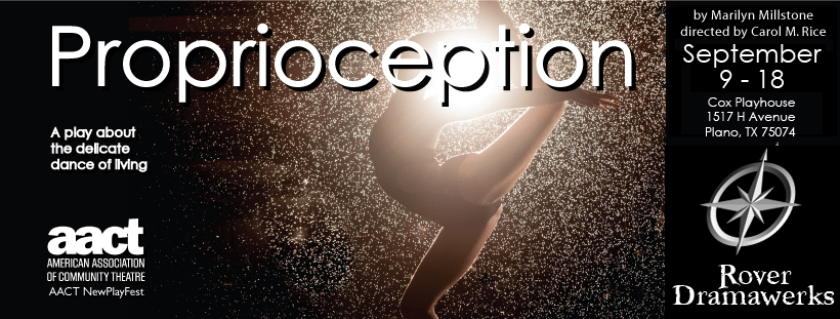
Classics Theatre Project’s The Hairy Ape opens with spectacular moment: jarring electric guitars, pounding, foreboding drumbeat, muscular, sweaty, grimy guys in the boiler room of a luxury liner. Our focus is drawn to a man (later identified as “Bob”) crouching at center stage, his body tough but somewhat rounded. No fat. We hear the men grousing and growling, sneering and guffawing. They sing and drink from bottles and flasks. They joke and mock each other good-naturedly. An older guy, experienced enough to share wisdom, often lapses into the fanciful, perhaps something to nourish the famished souls of his fellows. But Bob waves it all away, he doesn’t need nobody, no respite, no kindness. He says, “I gotta keep moving. Moving” Like a force of nature.
Then, an attractive young heiress asks to tour, against the warnings of the staff. She wanders into the boiler room, just as Bob is having a meltdown, screaming he’s gonna kill another guy, beat him down, this sort of thing. The girl, obviously unacquainted with this kind of venting and bluster, is stricken. When goes to comfort her, she pulls away convulsively, calling him a “horrible, horrible man.” Unexpectedly, this wounds him deeply. This incident sends him on a journey. He comes to New York City, stoked by a buddy’s pitch for the Communist Party. It makes sense, considering their rhetoric of the wealthy exploiting the working class. He encounters the effete hoi polloi, a political men’s club, the company of other guys in jail, even the zoo.
At the outset, Bob seems like a clown, a caricature. It’s fair to say male paradigms have evolved since the 1920’s. But males as creatures far closer to the visceral, the unvarnished, the enraged, goes back to ancient Greece. I imagine most men get this. We all fall prey to cultural expectations. Bob gets along in the milieu he knows best, where reason is scorned and courtesy pretentious. Meeting the young lady makes him feel inadequate. He’s not wrong when he says he’s as good as anybody. His life is formidable and valuable. He’s just never learned to watch and imitate. So bent on proving himself, it’s against his nature to fit in.
Joey Folsom has conceived an overwhelming, cunning adaptation of Eugene O’Neill’s The Hairy Ape. A darkly sardonic exploration of manhood and man’s purpose as King of the Mammals. Folsom has amplified and exponentially distilled, O’Neill’s implacable pathos. Our profound ache to subsist in a world of chaos.
The Classics Theatre Project presents Eugene O’Neill’s The Hairy Ape, playing October 13th through November 6th, 2021. The Core Theater:518 West Arapaho Road, Richardson, Texas 75080. 214-930-5338. www.thecoretheatre.org






 MainStage’s Me & Jezebel
MainStage’s Me & Jezebel
